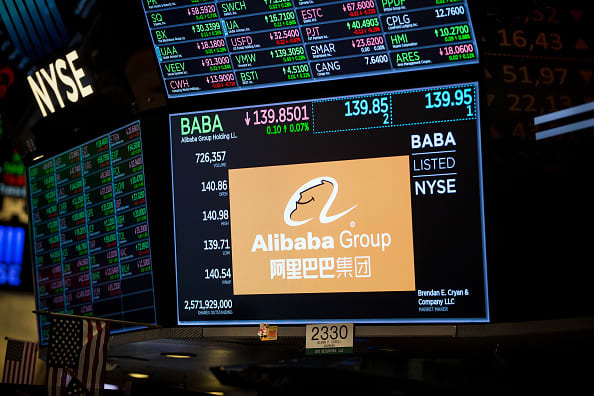
As regulatory risks rise in China, investors should reduce their exposure to Chinese stocks listed in the U.S., according to Jack Siu, chief investment officer for Greater China at Credit Suisse.
“The uncertainties to … regulatory related events are presenting risks to investors in the next 12 to 18 months,” Siu told CNBC’s “Street Signs Asia” on Thursday.
“As a result, we think it’s prudent for holders of these stocks to … diversify, hedge their exposure, maybe switching to some of the Hong Kong-listed stocks where there’s a dual listing to hedge against this delisting risk,” he added.
The Chinese ADR market in the U.S. has come under pressure as investors were spooked by Beijing’s series of tightening regulations in the past year, which hit sectors from technology to education and real estate. ADRs are American depositary receipts, which serve as proxies for shares of foreign companies that list in the U.S.
Many companies targeted by Chinese regulators have ADR listings in the U.S. Last week, Chinese ride-hailing giant Didi announced its decision to delist from the New York Stock Exchange, and list in Hong Kong instead.
There could be further regulatory actions, Siu said. He explained that one Chinese media outlet reported that regulators would require onshore funds to unwind their positions in foreign-listed securities over time.
Meanwhile, the U.S. Securities and Exchange Commission finalized rules that allow the regulator to delist foreign stocks if the companies don’t meet audit requirements.
An increasing number of U.S.-listed Chinese companies has in recent years sought dual listings on the Hong Kong stock exchange. They include e-commerce giants Alibaba and JD.com, as well as social media platform Weibo.
Stay cautious on China
It’s not yet time to invest in Chinese stocks in a big way, said Siu.
The CIO explained that there are still uncertainties on the regulatory front, especially in “strategic sectors” — and that may persist into March next year.
In addition, analysts have not upgraded their earnings outlook for Chinese companies and funds have not returned to Greater China markets, he said.
“So fundamentally, things are not improving for the companies,” said Siu. He added that investors should stay with sectors supported by Chinese regulators, such as renewable energy and electric vehicles.




